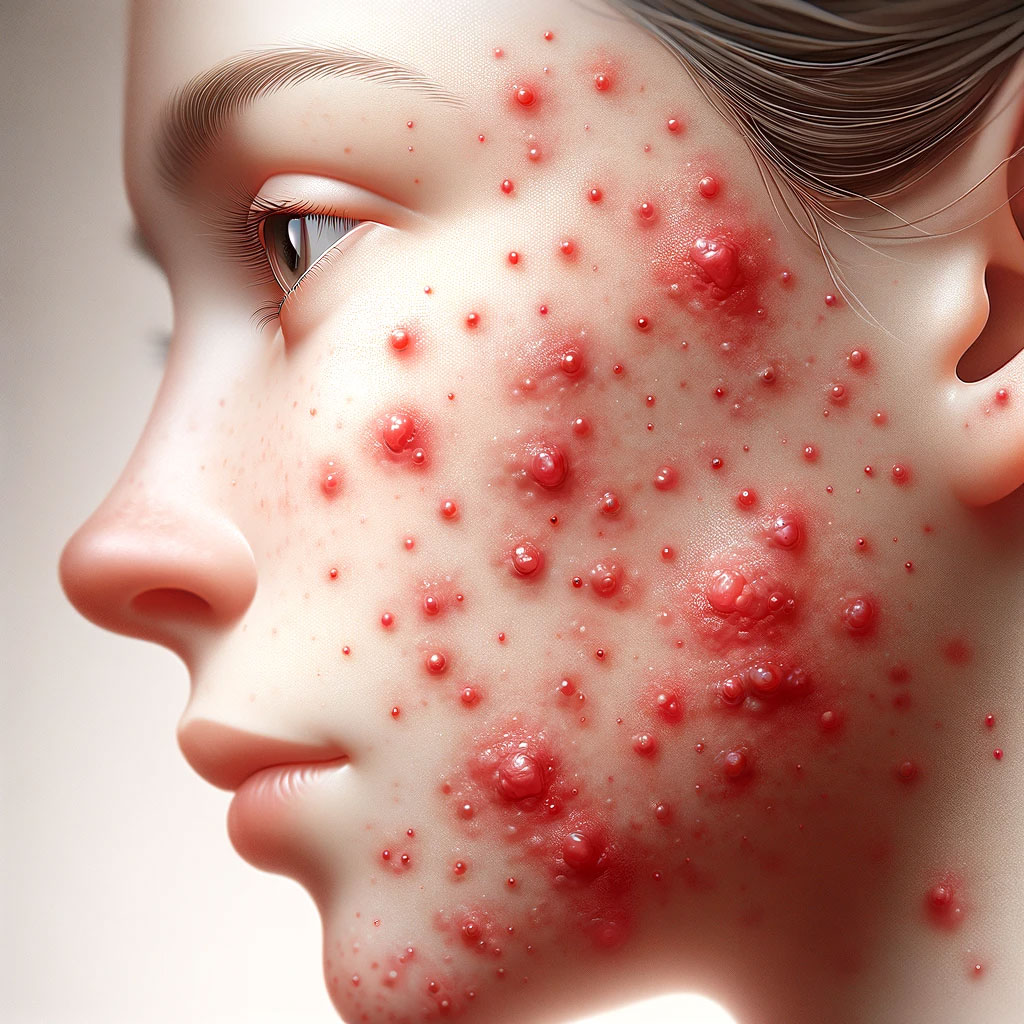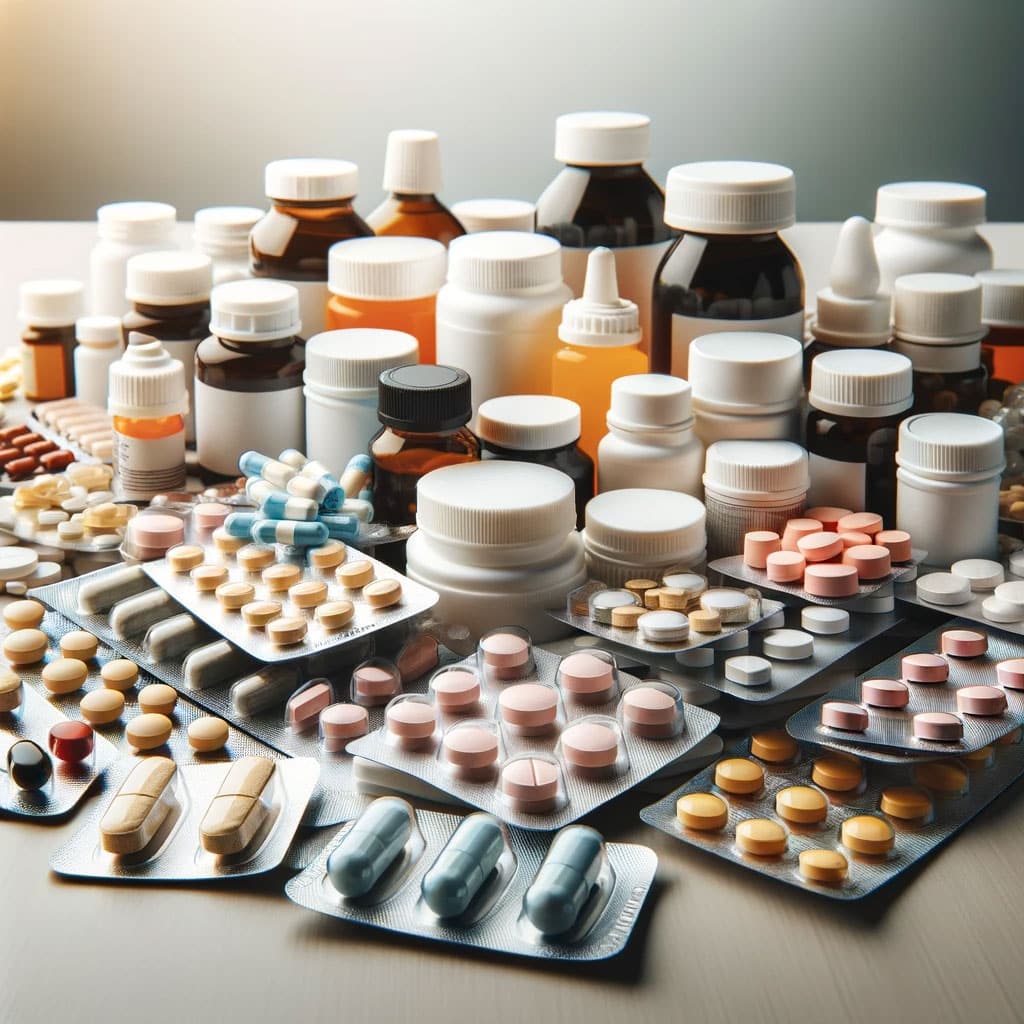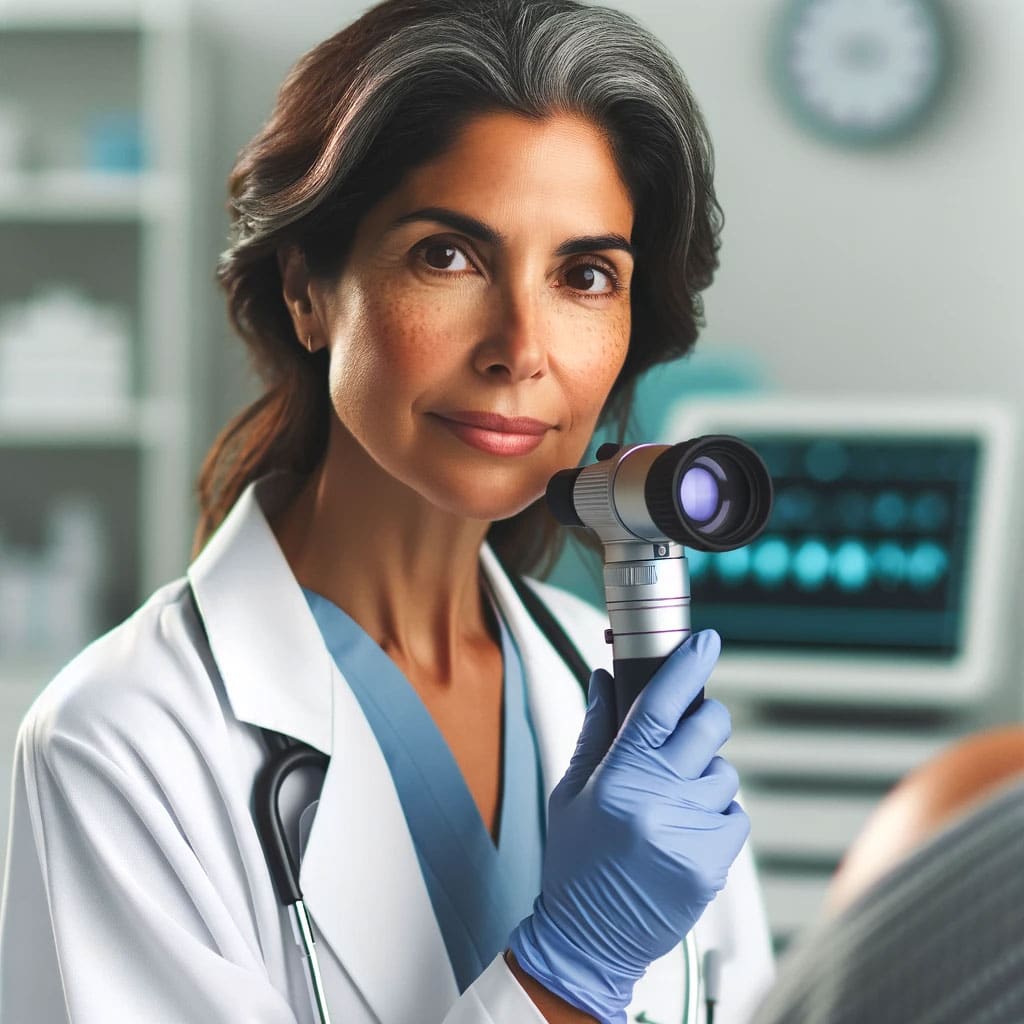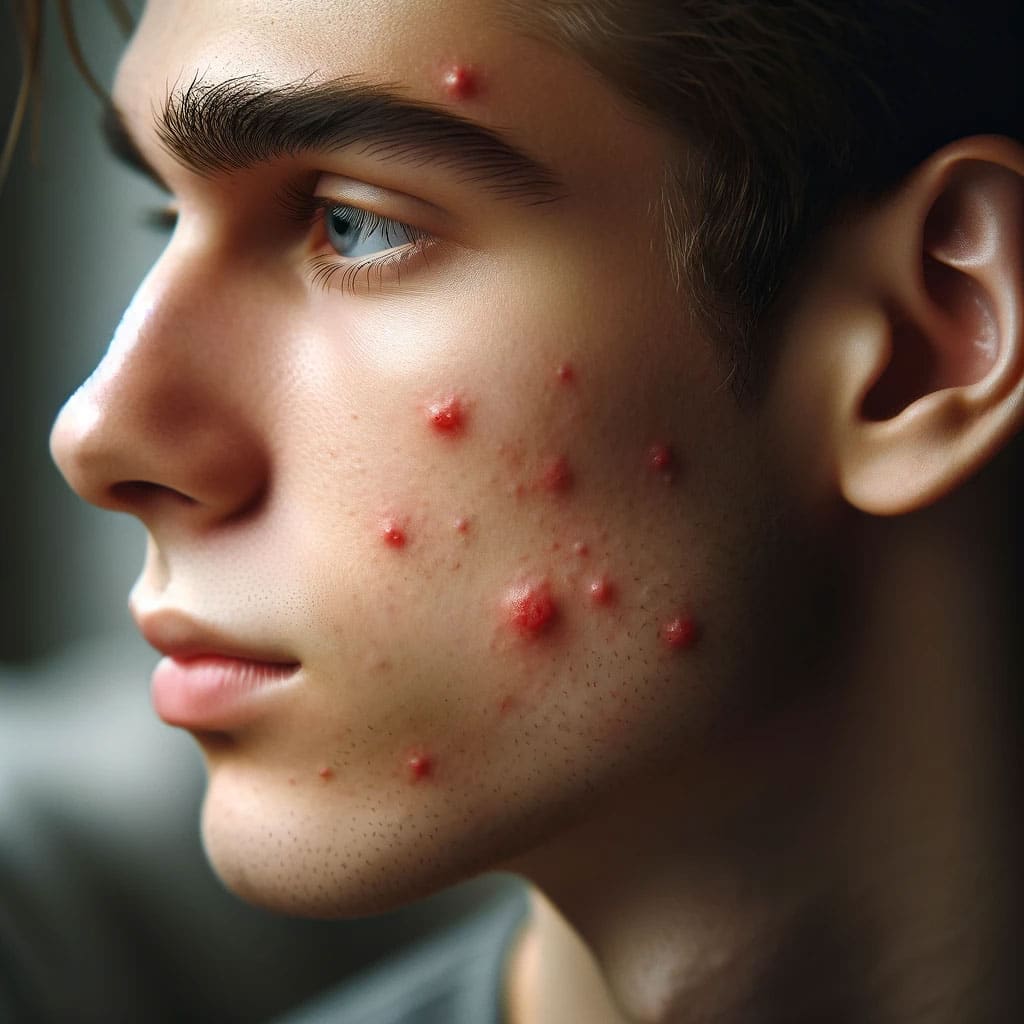Acne is a common skin condition that affects people of all ages. It can occur in different parts of the body, including the face, neck, chest, and back.
One area where acne can appear is on the temples. While acne on the temples may not be as common as in other areas, it can still be a source of frustration and embarrassment for those affected.
Understanding Acne on the Temples

Acne is a common skin condition that affects people of all ages. Acne on the temples can be a frustrating and embarrassing problem for many people. Understanding the causes of temple acne can help individuals take the necessary steps to prevent and treat breakouts.
Causes of Temple Acne
Several factors can contribute to acne in the temples. Some of the most common causes include:
- Sweat: Sweat can clog pores and lead to the development of acne. This is especially true for individuals who engage in physical activity or live in hot and humid environments.
- Hair products: Certain hair products, such as gels, pomades, and hairsprays, can cause acne on the temples. These products can clog pores and lead to breakouts.
- Hormonal changes: Hormonal changes can also contribute to acne on the temples. This is especially true for women who experience fluctuations in hormone levels during their menstrual cycles.
- Friction: Friction from hats, headbands, or other clothing can irritate the skin on the temples and lead to breakouts.
Hormonal Influences
Hormonal changes can play a significant role in the development of acne on the temples. Fluctuations in hormone levels can cause an increase in sebum production, which can clog pores and lead to breakouts. Women may be more susceptible to hormonal acne on the temples due to fluctuations in estrogen and progesterone levels during their menstrual cycles.
Lifestyle Factors
Lifestyle factors can also contribute to acne on the temples. Individuals who engage in physical activity or live in hot and humid environments may be more susceptible to sweat-induced breakouts. Using certain hair products or wearing tight clothing that rubs against the temples can also contribute to acne on this area of the face.
Treatment Options

Acne on the temples can be treated with topical medications, oral treatments, and lifestyle modifications.
Topical Medications
Over-the-counter (OTC) topical medications such as benzoyl peroxide and salicylic acid can be effective in treating mild to moderate acne on the temples. These medications work by reducing inflammation and killing bacteria on the skin’s surface.
Prescription-strength topical medications such as retinoids and antibiotics may also be recommended by a dermatologist for more severe cases of acne on the temples.
Retinoids work by unclogging pores and reducing inflammation, while antibiotics help to kill bacteria on the skin.
Oral Treatments
Oral antibiotics may be prescribed by a dermatologist for more severe cases of acne on the temples. These antibiotics work by killing bacteria in the body that contribute to acne.
Oral contraceptives may also be prescribed for women to help regulate hormones that can contribute to acne.
Isotretinoin, also known as Accutane, may be prescribed for severe cases of acne on the temples that do not respond to other treatments. This medication works by reducing the amount of oil produced by the skin and shrinking the sebaceous glands.
Lifestyle Modifications
Lifestyle modifications can also help to prevent and treat acne on the temples. These include:
- Keeping the skin clean and free of excess oil by washing the face twice a day with a gentle cleanser.
- Avoiding touching the face or picking at acne lesions.
- Using non-comedogenic or oil-free skin and hair products.
- Wearing loose-fitting clothing and avoid tight headwear that can trap sweat and bacteria on the skin.
- Eating a healthy diet that is low in processed foods and high in fruits and vegetables.
- Managing stress through relaxation techniques such as meditation or yoga.
Prevention Strategies
Preventing acne on the temples can be challenging, but several strategies can help reduce the risk of developing it. Here are some ways to prevent acne on the temples:
1. Keep the area clean
Keeping the temples clean is essential to prevent acne. Dirt, oil, and sweat can clog the pores and lead to breakouts. Therefore, it is recommended to wash the face twice a day with a gentle cleanser. Avoid using harsh scrubs or exfoliants that can irritate the skin and cause more breakouts.
2. Avoid touching the face
Touching the face can transfer bacteria and oil from the hands to the skin, leading to breakouts. Therefore, avoiding touching the face as much as possible is essential. If necessary, use a clean tissue or cloth to wipe the face.
3. Use non-comedogenic products
Using non-comedogenic products can help prevent acne on the temples. These products do not clog the pores and are less likely to cause breakouts. Look for products that are labeled as non-comedogenic, oil-free, and fragrance-free.
4. Protect the skin from the sun
Exposure to the sun can worsen acne and cause more breakouts. Therefore, it is essential to protect the skin from the sun by wearing a hat or using sunscreen with an SPF of at least 30.
5. Manage stress
Stress can trigger acne by increasing the production of oil in the skin. Therefore, it is essential to manage stress by practicing relaxation techniques such as meditation, yoga, or deep breathing exercises.
When to See a Doctor

If you have mild to moderate acne on your temples, you can try treating it with over-the-counter products, such as benzoyl peroxide and salicylic acid.
However, if your acne is severe, painful, or persistent, you may need to see a dermatologist for a prescription medication.
A dermatologist can evaluate your acne and recommend a treatment plan tailored to your specific needs. They may prescribe topical or oral medications, such as antibiotics or retinoids, to help clear up your acne. They may also recommend other treatments, such as chemical peels or light therapy.
In addition to treating your acne, a dermatologist can also help you develop a skincare routine that can prevent future breakouts. They can recommend gentle cleansers, moisturizers, and sunscreens that won’t clog your pores or irritate your skin.

